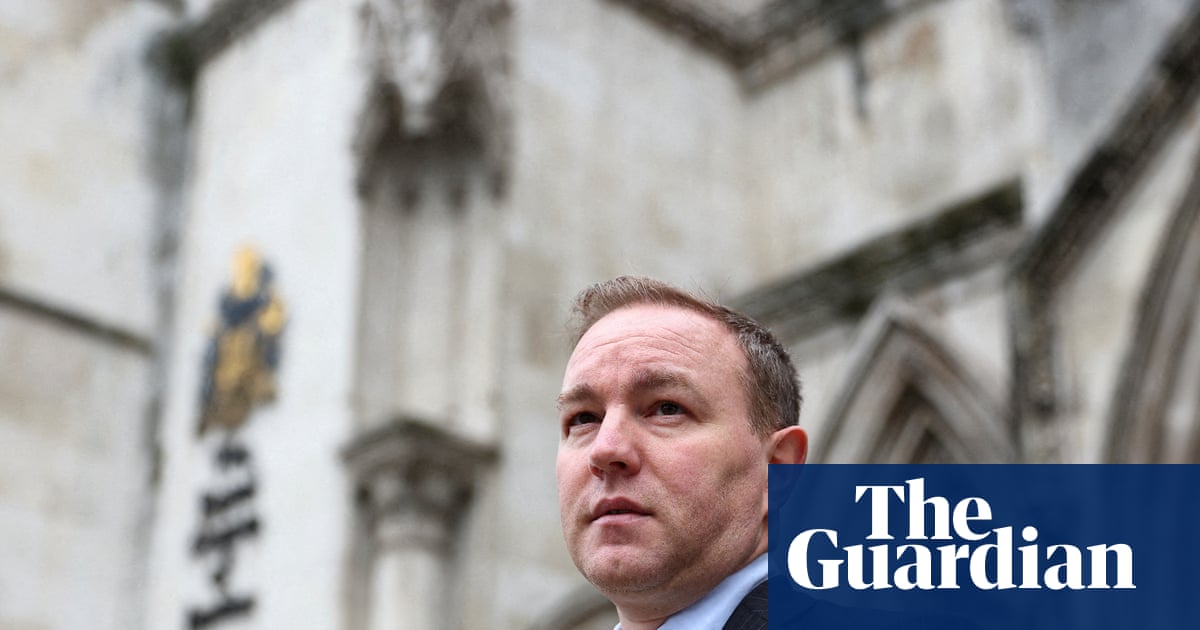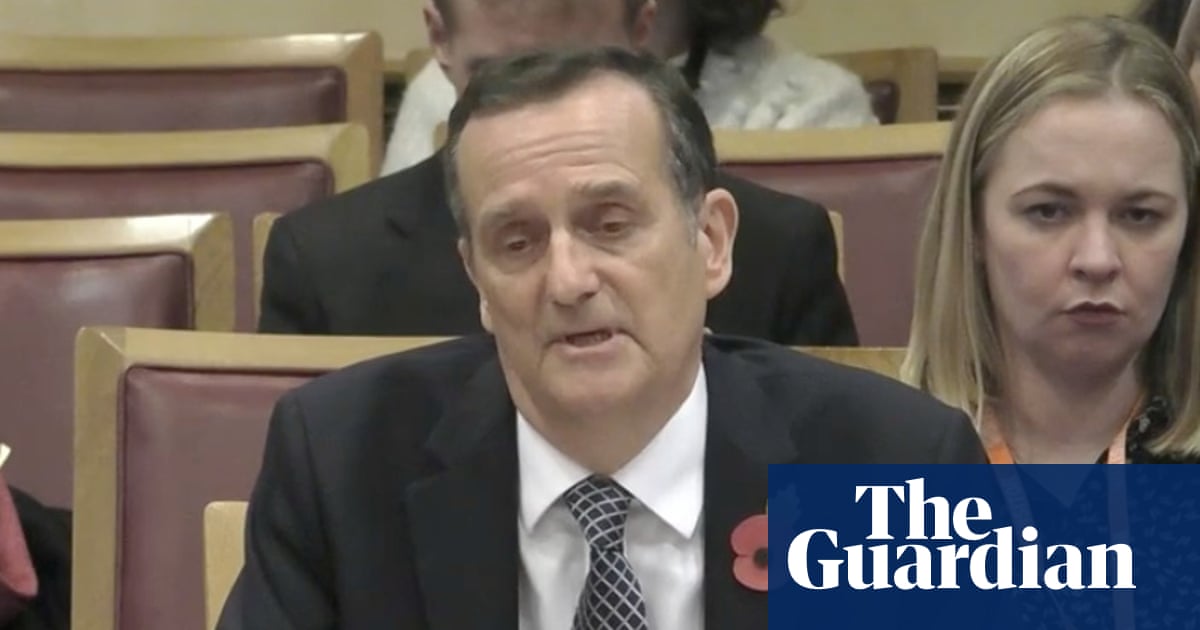Google has agreed a sweeping deal with the UK government to provide free technology to the public sector from the NHS to local councils– a move campaigners have called “dangerously naive”.
The US company will be asked to “upskill” tens of thousands of civil servants in technology, including in using artificial intelligence, as part of an agreement which will not require the government to pay. It is considered in Whitehall to be giving Google “a foot in the door” as the digitisation of public services accelerates.
However, the agreement prompted concerns about the precariousness of UK public data being held on US servers amid the unpredictable leadership of Donald Trump.
The Department of Science, Innovation and Technology (DSIT) said Google Cloud, which provides databases, machine learning and computing power, had “agreed to work with the UK government in helping public services use advanced tech to shake off decades old ‘ball and chain’ legacy contracts which leave essential services vulnerable to cyber-attack”.
Google’s services are considered more agile and efficient than traditional competitors, but there are concerns in Whitehall’s digital circles about the government becoming locked into a new kind of dependency.
Other US tech firms including Microsoft, OpenAI and Anthropic have also been providing services to civil servants as they attempt to harness technology to boost the efficiency of cash-strapped public services.
On Wednesday, the chancellor, Rachel Reeves, met two of Mark Zuckerberg’s most senior lieutenants, Meta’s chief global affairs officer, Joel Kaplan, and the head of its global business group, Nicola Mendelsohn.
During the pandemic in 2020, Palantir, a tech firm founded by the libertarian Trump donor Peter Thiel, provided services to the UK government for £1 and in 2023 it won a £330m deal to create a single platform for NHS data.
DSIT also said Google DeepMind, the tech company’s AI division, which is led by the Nobel prize-winning scientist Demis Hassabis, would “collaborate with technical experts in government to support them in deploying and diffusing new emerging technologies, driving efficiencies across the public sector, including accelerating scientific discovery”.
But with ministers and government regulators facing pressing decisions on how to regulate AI, search, cloud computing and copyright, Martha Dark, the co-executive director of Foxglove, a non-profit organisation campaigning for fairer use of technology, said: “How is the government going to be able to hold Trump-supporting US big tech giants to any kind of serious account on this – or any other issue – after we’ve given Google the keys to the data kingdom? It’s hard to see this as anything other than dangerously naive on the part of Peter Kyle and government as a whole.”
Other experts warned that the agreement could “entrench the market power” of a company such as Google and leave the UK government reliant on the technology from giant firms. Peter Kyle, the secretary of state for science and technology who announced the deal at a Google event in London on Wednesday, said “wherever possible, UK technology companies – large and small – [will] get a fair shot” at winning public tech contracts.
The opportunity secured by Google was not put out to public tender as no money was changing hands, a government source said. DSIT said: “These arrangements will operate in full compliance with all applicable public procurement laws, and may be subject to future commercial agreements.”
Kyle has held 11 meetings with representatives of Google since Labour took office, according to departmental registers up to the end of March.
The Guardian has asked Google and the government what access the tech company will have to public data as part of the deal.
Kyle has said he wants to “exploit the full potential of a partnership between government and Google, with much more collaboration between their UK AI lab, DeepMind, and my own AI developers”.
There have been signs of new technology delivering efficiencies in the public sector. A recent trial of Microsoft’s AI Copilot tool, provided with a discount, by 20,000 civil servants found it saved them 26 minutes a day on average, according to a government study, and 82% said they did not want to return to previous working practices.
But Imogen Parker, an associate director at the Ada Lovelace Institute, a research body focused on ensuring technology works for society, said the deal raised questions about the UK’s digital sovereignty.
“The public needs to understand what Google is getting from this partnership and what the return will be for taxpayers in years to come,” she said. “Deals like this might look like good value for money today, but they risk lock-in tomorrow – limiting our ability to seek alternatives in future.”
Kyle has previously been accused of being too close to big tech, and he opened his speech by saying he pleaded guilty to the “crime“ of meeting tech executives far more than his predecessor, after it was reported by the Guardian.
“I make absolutely no apologies for meeting with technology companies – that’s the job,” he said, adding that it was important for keeping children safe on social media, making sure Britain was prepared for developments at the frontier of AI, and securing better deals for the taxpayer for the billions of pounds spent every year on technology.

 3 months ago
50
3 months ago
50

















































